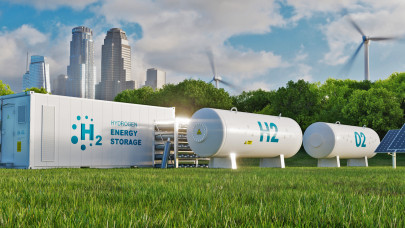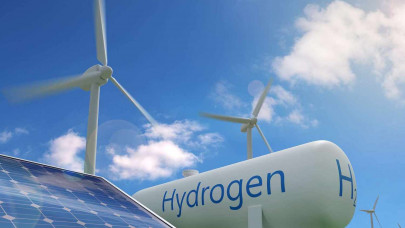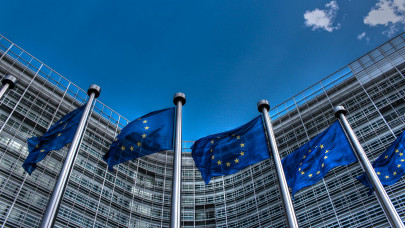The European Parliament has been advocating for a full ban on energy imports from Russia since April 2022, following its aggression on Ukraine.
MEPs also managed to enshrine the joint purchasing system for gas, which will aggregate demand to prevent member states from competing against each other when bidding for gas, in particular when refilling strategic reserves. They also successfully pushed for the creation of a voluntary system to support market development for hydrogen, as a pilot project for five years.
MEPs advocated for strengthening measures to boost investment in new infrastructure for hydrogen, in particular in coal regions, to facilitate the just transition of these regions and to create incentives for producers and consumers to switch to biomethane, and green and low-carbon hydrogen.
The agreed text says that hydrogen transmission network operators will cooperate at the EU level through the European Network of Network Operators for Hydrogen (ENNOH). MEPs secured a commitment from the Commission to assess, by the end of 2029, how to integrate the hydrogen, electricity, and gas sectors more effectively, including the option of integrating the three European networks (ENTSOs) for hydrogen, electricity, and gas.
The legislation is part of a package, together with a directive, on which an agreement with the Council was found on 27 November.
"After two years of intensive work on the Package, we have reached a historic agreement. The compromise reached by the three co-legislators transforms the current energy market into one based primarily on two sources - green electricity and green gases. For the first time in history, we have created, together with a directive, a complex legal framework for the hydrogen market. This is a huge step towards meeting the EU's ambitious climate goals and making the EU more competitive on the global markets", says Lead MEP Jerzy Buzek (EPP, PL).
The legislation will now have to be endorsed by Parliament and Council to come into law. The Industry, Research, and Energy Committee is expected to vote on the file in January 2024.
"Moreover, we have introduced a legal option for EU countries to stop importing any gas from Russia if there is a security threat, which gives member states a tool to phase out past dependence on a dangerous monopolist", he added.
The legislative package reflects the EU's growing climate ambitions, as set out in the European Green Deal and its 'fit for 55' package. The proposal aims to support the decarbonization of the energy sector by ramping up the production of renewable gases and hydrogen and facilitating their integration into EU energy networks. Both acts will become a core component of new EU rules for hydrogen networks, comparable to those that already exist for natural gas and electricity.
The updated regulation will push existing natural gas infrastructure to integrate a higher share of hydrogen and renewable gases, utilizing high tariff discounts. It includes provisions to facilitate blending hydrogen with natural gas and renewable gases, and greater EU cooperation on gas quality and storage.













